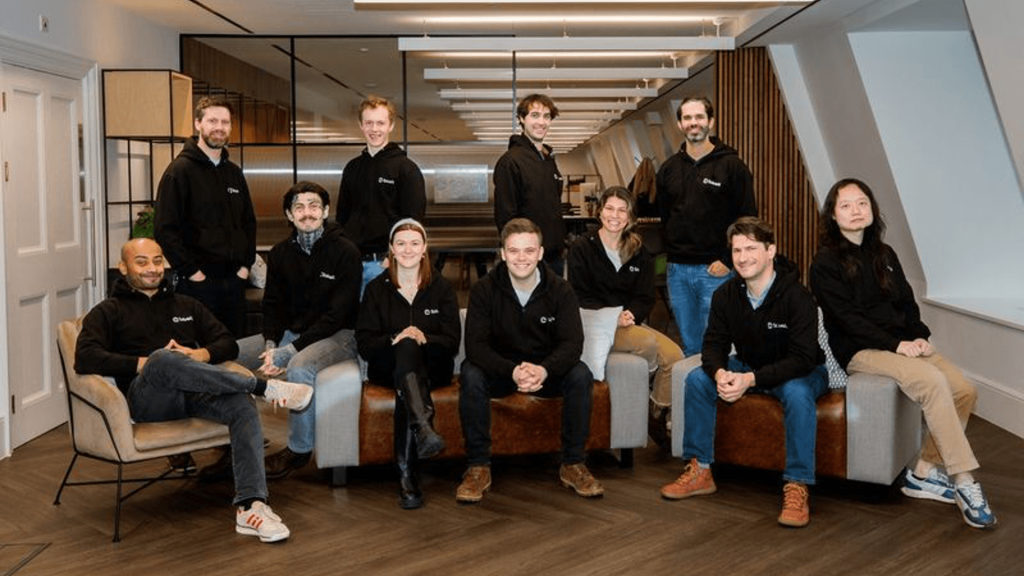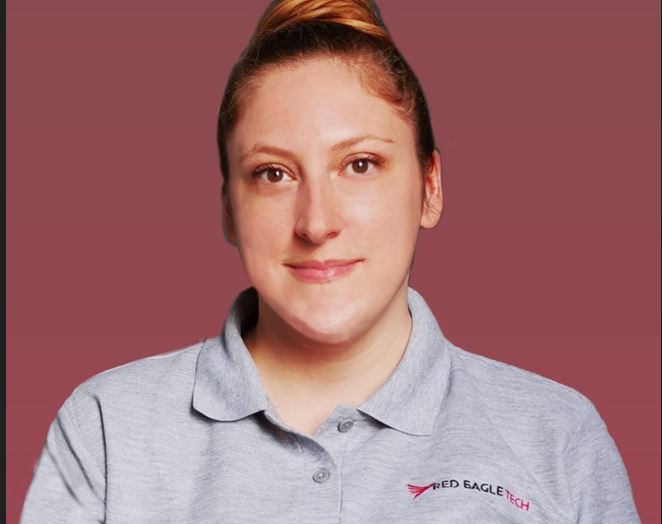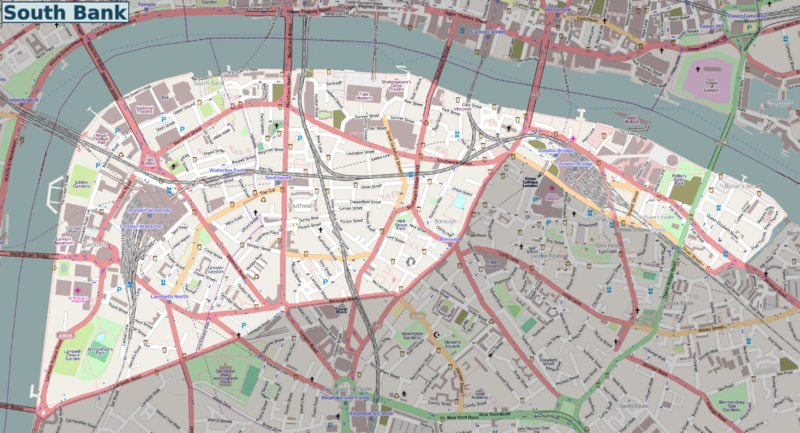Waymo is preparing to introduce its robotaxi service in the UK, with London as one of the first locations outside of the United States. This move coincides with the UK Government’s plan to permit limited public rides from the spring of 2026.
Job advertisements for a “fleet readiness lead” and an “incident response manager” in London indicate an operational presence is being established, rather than solely an engineering one. The roles involve vehicle availability, roadside recovery, and post-incident procedures, which are typical functions preceding a commercial launch.
Waymo already has a UK software base through its 2019 acquisition of Oxford-based Latent Logic.
The Department for Transport is currently seeking feedback on proposals for pilot services before a broader framework is introduced in 2027, which would allow for operations across the country. The plan would enable passengers to book driverless cars via an app, with no safety driver present. This places London’s complex and highly-trafficked streets at the centre of the initial phase.
Waymo’s project began at Google in 2009 before becoming a separate entity in 2016. The company states its cars have travelled more than 100 million miles without a safety driver and has claimed its technology is “up to 91pc safer than a human motorist.” In the US, Waymo has reportedly completed over 10 million driverless journeys and operates in five cities.
Waymo’s hiring suggests a business model focused on centrally managed fleets rather than private ownership. This approach is more suited to business-to-business insurance arrangements with higher coverage limits and clear risk allocation. Insurers will expect to see incident response plans, data retention protocols, and commitments to information disclosure that support quick claims settlements and allow for subrogation where faults are alleged.
The commercial incentive for this expansion is the demand density in London, which also serves as a complex real-world testbed for autonomous systems. The operational challenge is to expand without damaging public confidence. Ministers have been careful to present the early services as controlled pilots. Nevertheless, any high-profile incident will be judged by the public as well as on the road.
The direction of travel is clear, as Waymo continues to hire and invest in the UK and has stated it “always said it planned to expand globally.” The government’s timeline points to a spring 2026 start for limited rides, with a national framework to follow.
Image source: Waymo










